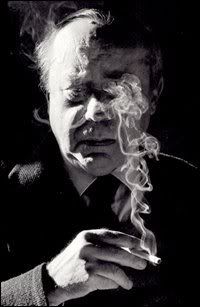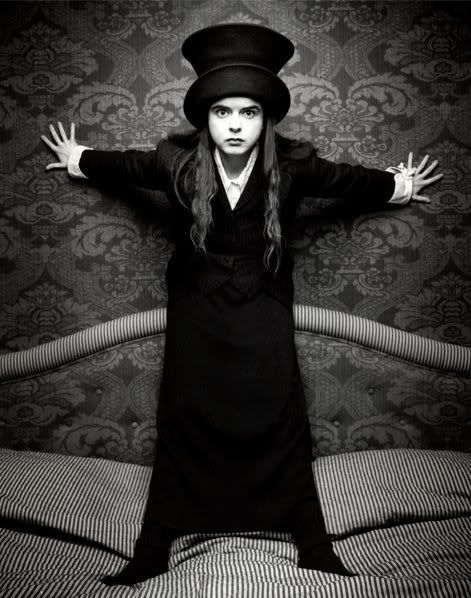
Just over two weeks ago I stumbled upon and joined the
Novella Challenge. Originally scheduled from April to September, other participants had joined and finished long ago. By time I joined, I had just finished reading Saul Bellow's
The Actual and had a handful of novellas sitting on shelf that needed to be read. At first, I wasn't sure if I would blog about them. I worried that it would put too much pressure on me and that I'd give up.
I didn't give up and finished the challenge with one day to spare -- not quite the very last minute, but close enough. I'd read six novellas, written a couple of thousand words in seven blogs -- eight including this one; I also wrote a blog about novella hunting, which I will post later; and another blog with a list of novellas owned and read, which I will not post later. And I rekindled my novella passion.
Throughout my reading life, I've read novellas even though I didn't know that they were novellas:
Heart of Darkness,
Animal Farm,
The Call of the Wild,
The Old Man and the Sea,
Bartleby the Scrivener. I probably encountered the term sometime in college -- perhaps after seeing the film
The Lover and then tracking down the story, which I subsequently learned was not just a novel, but a novella. But I didn't really start obsessing over them until grad school when I read Gustaf Sobin's astounding
The Fly-Truffler, which was so magical and transformative that I realized I never wanted to read anything over two hundred pages for the rest of my reading life. This was reinforced by further research and discovery of novellas by Tolstoy and Melville, and newer authors like Amélie Nothomb and Luis Fernando Verissimo, and new-to-me authors like Willem Elsschot, whom I'd
reviewed several years ago. I had stacks of novellas next to my bed.
Then, I stopped. I graduated grad school, taught college, got divorced, went though a bout of depression and general aimlessness; all of which was made worse by my inability during that period to read any fiction, short or long. The only fiction I encountered was through film. My reading consisted mainly of Internet articles, non-fiction, and religious works; I was also going through a profound conversion to Catholicism, and afterwards read Tolstoy's
Father Sergius during a weekend at a music and liturgy conference, a weekend that helped me decide to become, again, a full-time musician -- though not a liturgical one
And then I read a fantastic memoir,
The Mystery Guest, by Gregoire Boullier. It read more like a story than a real memoir, for the story had far too many tidy coincidences. Most importantly, it was short and it reminded me of a novella.
This memory lingered a bit and I went back and read more Tolstoy,
Master and Man, and also read Steve Martin's second novella,
The Pleasure Of My Company, which made my novella torch shine a bit more brightly. But the novella that put my obsession on full stalker mode was Alessandro Baricco's
Silk. Though a bit experimental, I reveled in it. It made me realize that I had to start reading fiction again (I still had a few non-fiction books to get through), though it took me a few more months to eventually borrow
The Actual from my library and stumble upon the Novella Challenge.
And I am grateful. Due to a rough patch in my past, I'd lost something that I'd loved. I'd even almost forgotten about it. Now, I remember. And once again there are stacks of novellas next to my bed.












